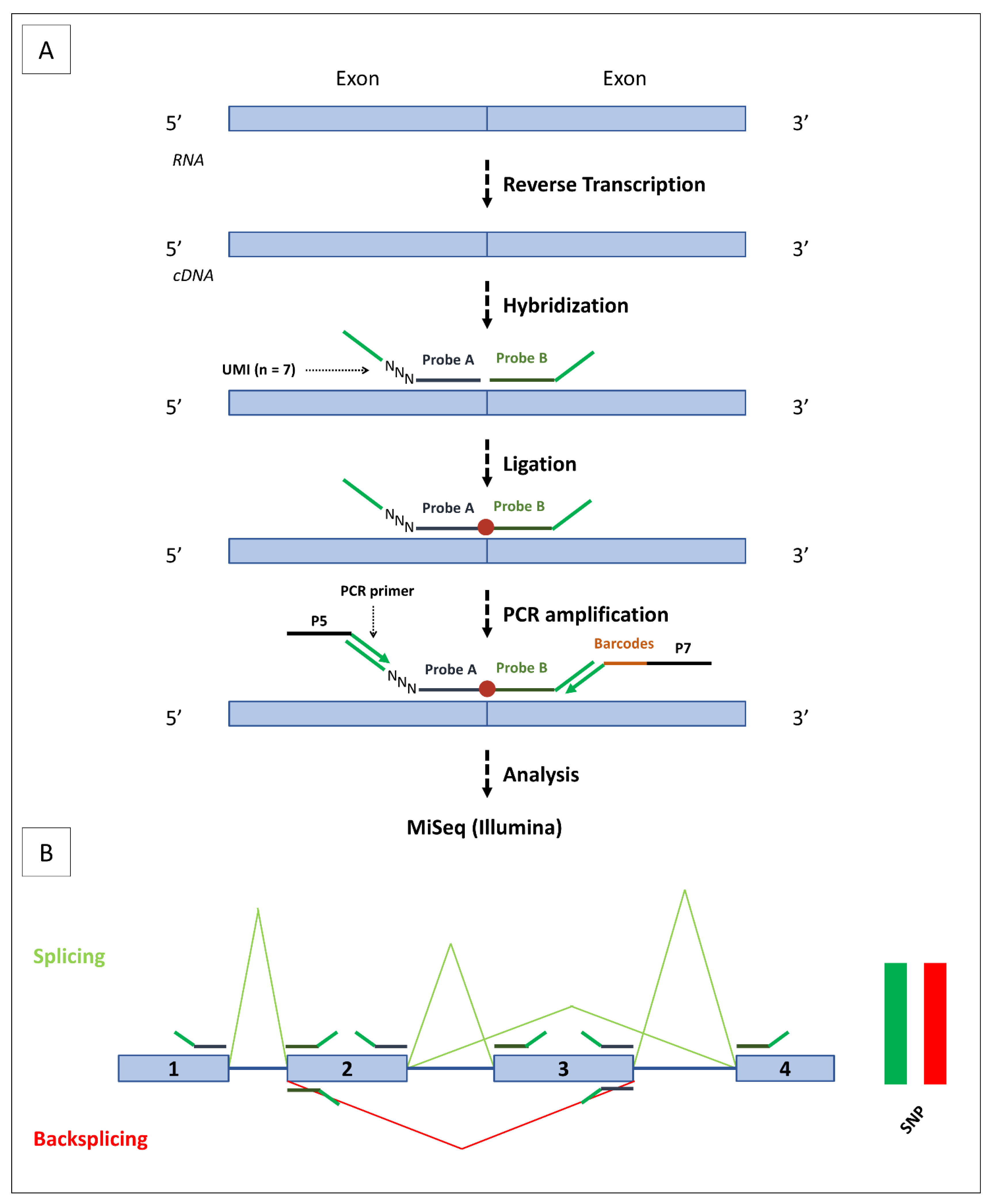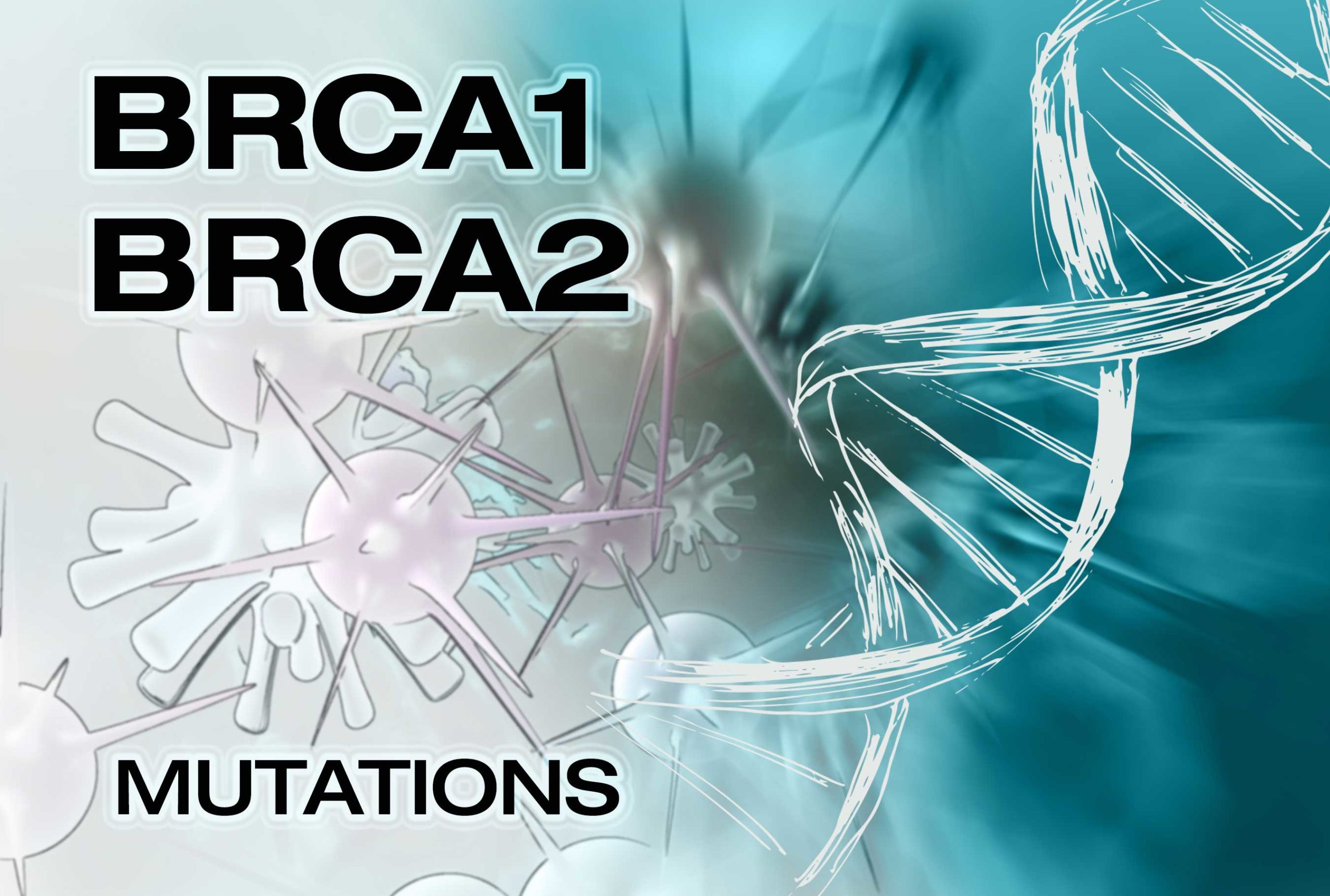Cell cycle regulation mediated by BRCA1 and its associated proteins Biology Diagrams Since BRCA1 and BRCA2 were cloned five years ago, unraveling their normal functions has posed fascinating problems for cancer biologists. Both genes are novel, and little of their normal function was revealed by their sequence. Both genes contribute to homologous recombination and DNA repair, to embryonic proliferation, to transcriptional regulation and, for BRCA1, to ubiquitination. But BRCA1 has also been proposed to be tightly linked to the DNA damage response. Both BRCA1 and another gene product that segregates with breast cancer, BRCA2, are found in complexes with the human RAD51 protein (16, 17).Saccharomyces cerevisiae rad51 mutants are susceptible to DNA-damaging agents. BRCA1 colocalizes with RAD51 and PCNA 1 (16) to nuclear dot structures after the onset of DNA damage.

The greatest risk factor for breast and ovarian cancer is inheritance of a mutation in one of the breast cancer susceptibility genes, BRCA1 or BRCA2.BRCA1 and BRCA2 are tumour suppressor genes, the coding regions of which show no homology to previously described proteins or to each other. If one copy of either gene is mutated in the germ line, the result is hereditary breast and ovarian cancer

BRCA1 and BRCA2: different roles in a common pathway of genome ... Biology Diagrams
The BRCA1 binding protein CtIP has been characterized as a protein that is able to inhibit the transcriptional activation of promoters such as p21WAF1 by BRCA1. 35-37 It is in a complex with BRCA1 and BARD1, but in contrast to BARD1, CtIP is in fact expressed in a cell cycle-dependent manner, roughly mirroring the expression pattern of BRCA1 Dynamic changes of BRCA1 subnuclear location and phosphorylation state are initiated by DNA damage. Cell 1997; 90: 425-35. [Google Scholar] 12. Thomas JE, Smith M, Tonkinson JL, Rubinfeld B, Polakis P. Induction of phosphorylation on BRCA1 during the cell cycle and after DNA damage. Cell Growth Differ 1997; 8: 801-9.

BRCA1 (BReast-CAncer susceptibility gene 1) and BRCA2 are tumor suppressor genes, the mutant phenotypes of which predispose to breast and ovarian cancers. Role of BRCA1 and BRCA2 as regulators of DNA repair, transcription, and cell cycle in response to DNA damage Cancer Sci. 2004 Nov;95(11):866-71. doi: 10.1111/j.1349-7006.2004.tb02195.x A model illustrating a role of BRCA1 in the C 2 /M cell cycle checkpoint. BRCA1 can be phosphorylated by ATR, ATM and Chk2. BRCA1 regulates expression and cellular localization of Chk1, although it is not clear whether Chk1 can phosphorylates BRCA1. Both Chk1 and Chk2 inactivate Cdc25 by phosphorylate it at Ser-216.

Functional Interactions Between BRCA1 and the Cell Cycle Biology Diagrams
The tightly linked cell cycle-dependent expression profile of BRCA1 and BRCA2, with elevated levels at the G1/S transition that remain elevated into G2 and then decline in early G1 (Rajan et al. 1997), and the fact that BRCA1 is hyperphosphorylated in response to DNA damage (Scully et al. 1997c), led to the hypothesis that one or both of CtBP interacting protein (CtIP) is a cell-cycle dependent interactor of BRCA1 and this interaction between both proteins, which occurs at aa 1651-1863 of BRCA1 (Fig. 1), it has been suggested that PALB2 recruitment of BRCA1 is needed to induce the colocalization of BRCA1, BRCA2, PALB2 and RAD51 into the nuclear DNA damage foci, Inherited mutations in BRCA1 or BRCA2 predispose to breast, ovarian, and other cancers. Their ubiquitously expressed protein products are implicated in processes fundamental to all cells, including DNA repair and recombination, checkpoint control of cell cycle, and transcription. Here, I examine what is known about the biological functions of the BRCA proteins and ask how their disruption can

